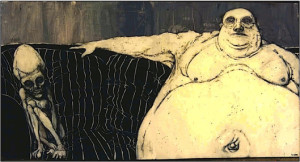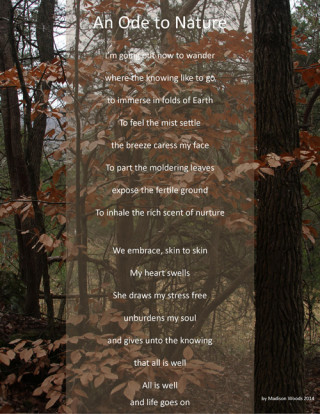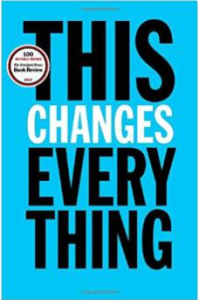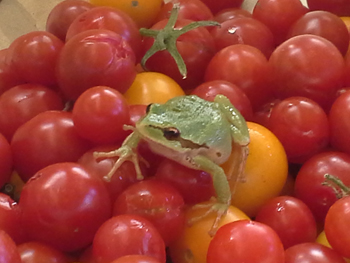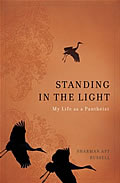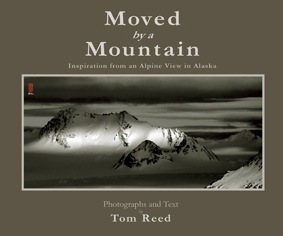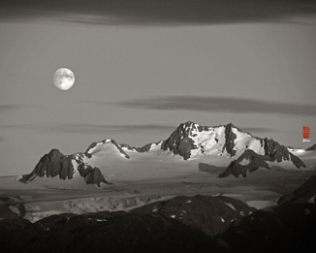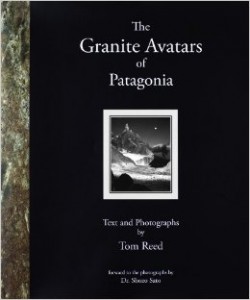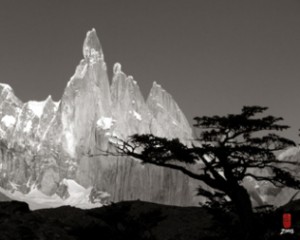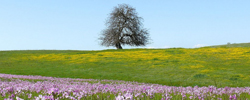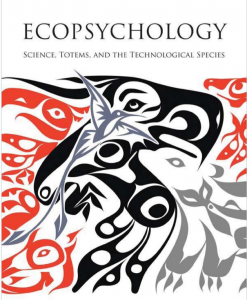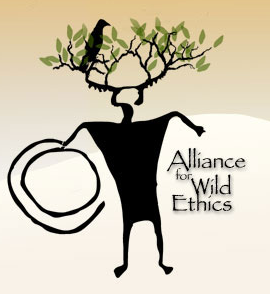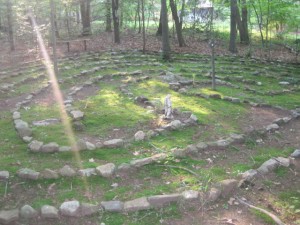Being moved from Entitlement to Enlightenment
“Sadly, most people in the western world remain in denial of their inherent interconnection with all of life, merely through their avoidance of anything that remotely reminds them of their mortality (pain, discomfort, suffering, etc.), and they endure, much to the detriment of The Whole, self-selectively abdicating the responsibilities of their true nature as rescuers with a deep and powerful purpose. Instead, most wait, hoping that somebody or something “out there” will come and make everything all better again. Awakening in this time of crisis requires a more courageous response. It involves choosing to become conscious of the deleterious effects of one’s own sense of entitlement and how it is contributing to destroying life on planet Earth.” – Jonathan Stein
Read the article here – being moved from entitlement to enlightenment


